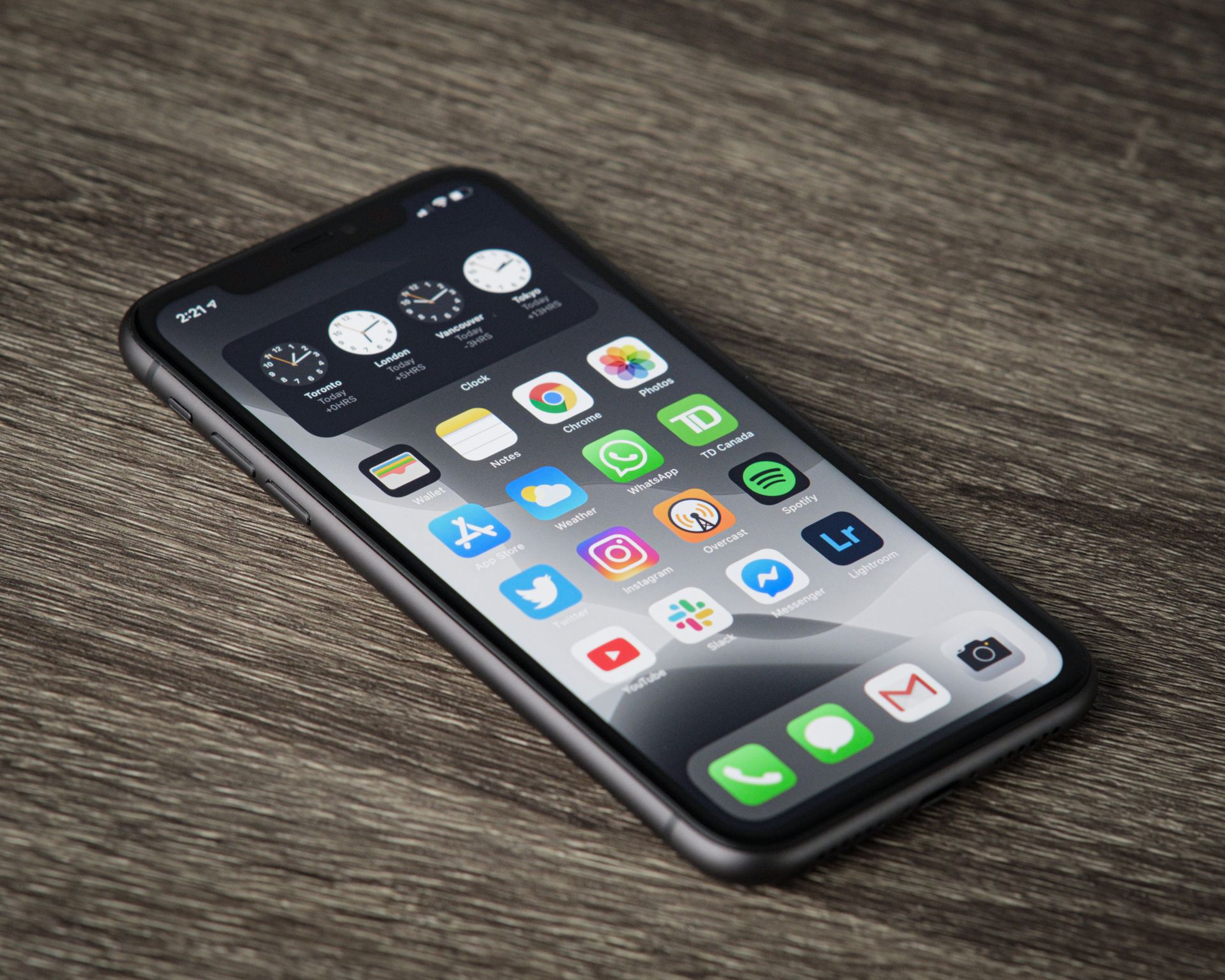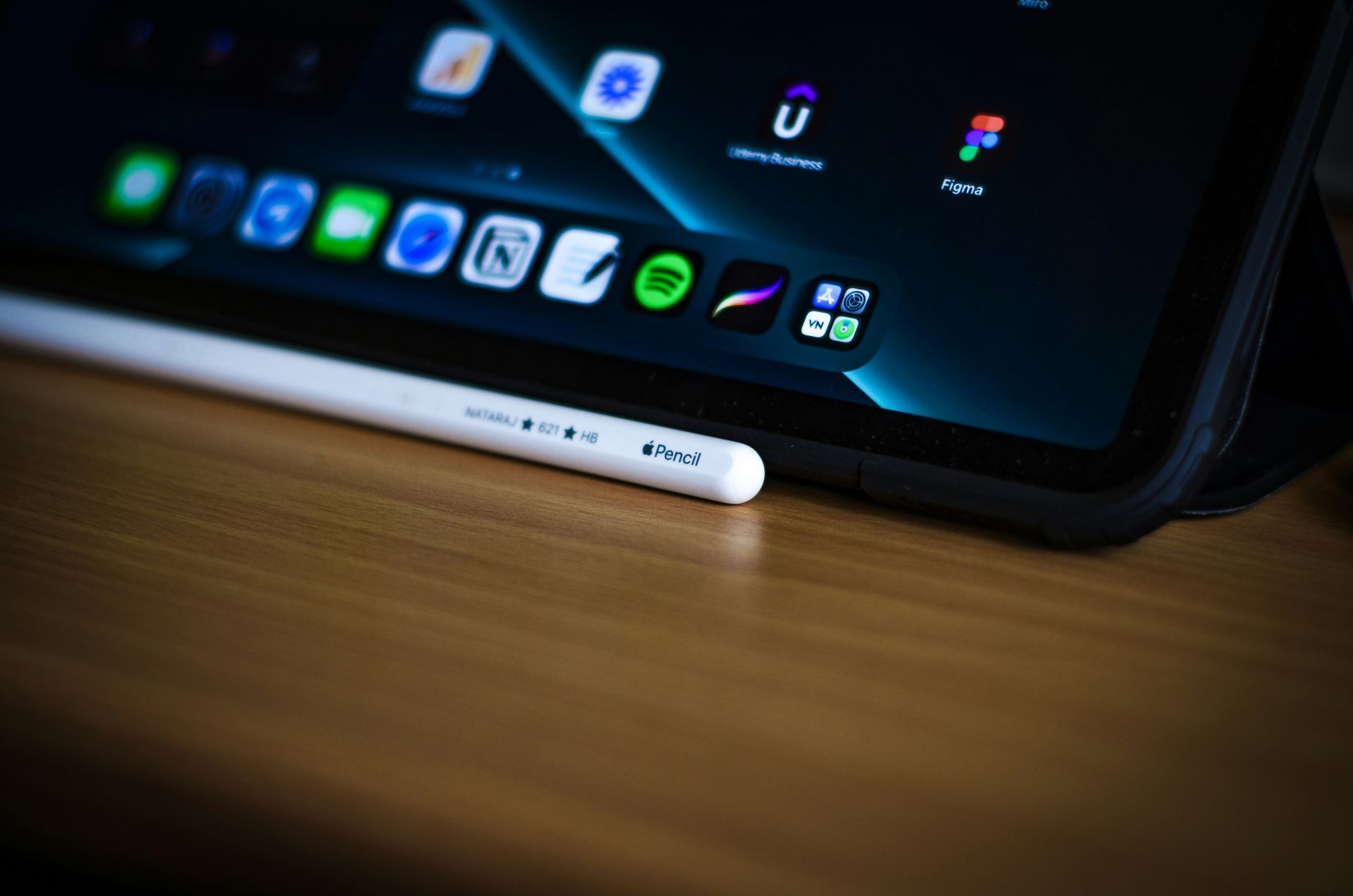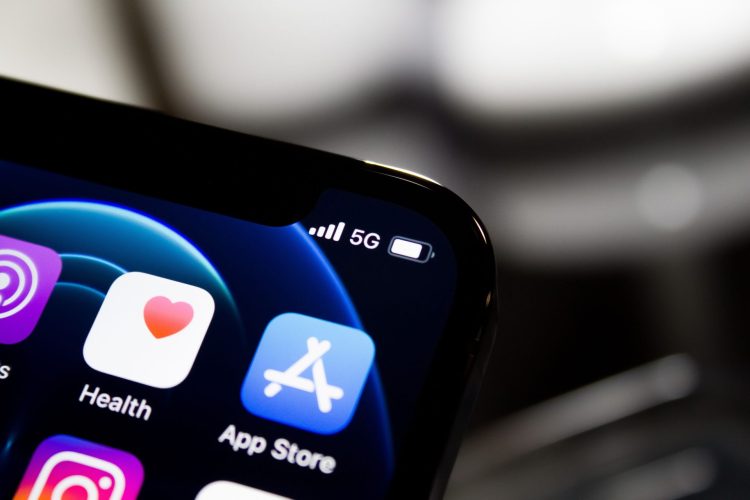Apple is shaking things up for developers on its US App Store. In a recent update, Apple made it clear how developers can now point users to external payment platforms. This is big news and, let’s face it, a bit of a change-up from what we’re used to with Apple. Despite this new freedom, developers still need to give Apple its share – a 27% commission, slightly less than the usual 30% or 12% for those in the App Store Small Business Program.
Understanding the updated guidelines
Thanks to 9to5Mac, we have all the details we need to know about the latest update. So, what’s in these updates? Apple’s App Store Review Guidelines, specifically Section 3.1.1(a), lay out the new rules. Developers wanting to use alternative payment methods must first apply for an “entitlement.” This is crucial – it’s not just a free-for-all. There’s also a catch: developers can’t solely rely on external payments. They must still offer Apple’s in-app purchase system.

Key Points in Section 3.1.1(a)
- Developers can link to their own websites for in-app purchases.
- The link can show users where to buy items and mention potential lower prices.
- This entitlement is only for the iOS and iPadOS App Store in the US.
Remember, these guidelines have boundaries. For instance, the link to an external payment method is limited to a single app page and can’t be a pop-up or modal.
Commission structure and compliance
Here’s the deal with commissions: Apple will charge 12% for developers in its Small Business Program and 27% for others. This applies to purchases made within a week after a user taps an external purchase link.
Developers must keep track of these purchases and pay Apple its due share. Apple stresses that while developers are contractually bound to pay the commission, tracking and enforcing this could be quite a challenge.

Additional guidelines for developers
Apple isn’t leaving developers in the dark. They’ve set specific conditions for these external links:
- The link must go directly to the developer’s website.
- It should open in a new window, not a web view.
- No additional parameters for user privacy protection.
- The link must be pre-defined in the app’s info.plist.
- The URL must be resubmitted to the App Store if it changes.
This change is part of Apple’s ongoing adjustments to its App Store policies following a 2021 class-action lawsuit settlement that allowed developers to communicate with customers about alternative purchasing options outside their apps.
Apple’s move to loosen its App Store rules is a significant step towards offering more flexibility for developers in the US. This change, while opening new doors for developers, also brings challenges in compliance and commission tracking. It’s a delicate balance between offering freedom and maintaining a sustainable business model for Apple and app developers. The tech world is watching closely to see how this will play out in the ever-evolving digital marketplace.
Featured image credit: James Yarema/Unsplash





